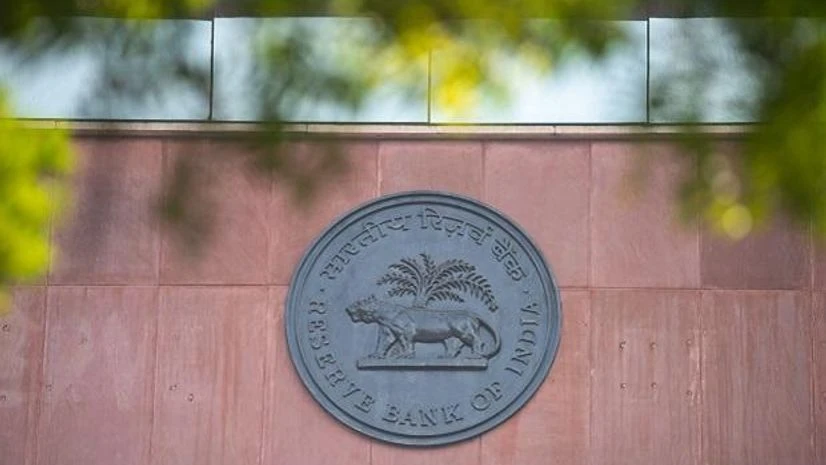India has attracted higher FDI flows and continues to remain among the top attractive destinations for international investors, according to an article published in Reserve Bank of India's monthly bulletin for January 2022.
The article has been prepared by Sumit Roy, Financial Inclusion and Development Department, Jolly Roy and Kamal Gupta, Department of Statistics and Information Management, Reserve Bank of India.
The views in the article are of the authors and not that of RBI.
"An analysis of the recent trends in FDI flows at the global level and across regions/countries suggests that India has generally attracted higher FDI flows and continued to remain among the top attractive destinations for international investors in line with its robust domestic economic performance and gradual liberalisation of the FDI policy as part of the cautious capital account liberalisation process, the authors said.
The article said foreign direct investment (FDI) plays a significant role in economic development of any country and supports economic growth by meeting the investment requirements of a capital deficit economy by bridging its saving-investment gap.
The developed and emerging economies have made significant efforts for augmenting the information base on FDI, where valuation is a critical component.
More From This Section
In India, major advancements have been made in this regard with the implementation of the Co-ordinated Direct Investment Survey (CDIS) of the International Monetary Fund (IMF) and compilation of Foreign Affiliate Trade Statistics (FATS), it said.
India's Foreign Liabilities and Assets (FLA) census, which is a part of global CDIS initiative has been a major step forward towards estimating foreign investment and provide consistent annual data on FDI (equity and debt) on face value as well as at market value based on complete enumeration, the article said.
The analysis on FLA census results summarised the interesting facets of sector-wise distribution of investment and related performance (FAT statistics) for foreign subsidiary companies.
Foreign trade had a substantial share in the business where import intensity in purchase remained higher than export in sales for foreign subsidiary companies.
"An empirical analysis of factors influencing inward FDI, considering major countries in terms of its FDI stock position in India reflects that inward FDI is significantly influenced by the trade openness, economic growth prospects, market size, labour cost and capital account openness of the host countries," the authors said.
(Only the headline and picture of this report may have been reworked by the Business Standard staff; the rest of the content is auto-generated from a syndicated feed.)

)
